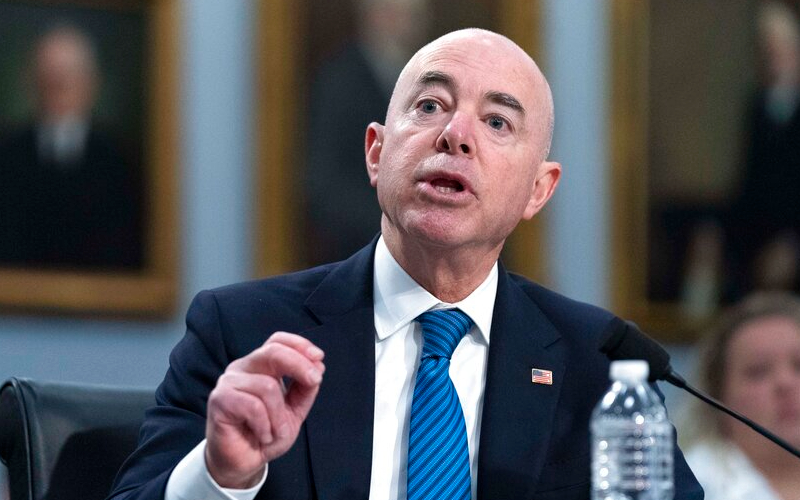In the Oregon legislature, a senate bill was introduced last week to advance the so-called “Greater Idaho” movement that wants to move a dozen eastern counties east of the Cascade Mountains into the state boundary of red-state Idaho.
Voters in those counties have approved ballot measures favoring the move, and now the bill introduced by Sen. Dennis Linthicum would begin discussions and negotiations between the State of Oregon and the State of Idaho.
Greater Idaho spokesman Matt McCaw tells AFN a similar bill is being introduced in Idaho’s state legislature.
“The process to move a border is through something called an interstate compact,” he explains. “Two state legislatures come together. They can decide to put a border anywhere that makes sense for those two states.”
The bill's future is doubtful in Oregon's Democrat-led legislature. In a state of 4.2 million, Oregon’s far-left politics is centered in the west in Portland and its capital city, Salem. The rural counties in the east have complained for years their views and beliefs are ignored and mocked by the Democrat-run state government, so the grassroots "Greater Idaho" movement was born.
Oregon’s right-leaning voters were hoping GOP candidate Christine Drazen would win the governor’s race last November, and begin to roll back the Marxist state government, and she nearly did: Drazen lost to Democrat Tina Kotek 47%-43%. In the 36 counties in Oregon, Drazen won 29 of them and Kotek won only seven, but the urban population put Kotek - a self-described "progressive fighter" - in the governor’s office anyway.
An independent candidate, who got 8%, likely hurt Drazen's chances, too.
McCaw says West Oregon would benefit from losing the eastern counties because the rural area in the east is not as wealthy.
“Because Oregon has an income tax, all that money that's collected goes to Salem,” he says. “When it gets dished out across the state, western Oregon ends up subsidizing eastern Oregon.”
A poll last year showed 68% of West Oregon voters approve the idea of hearings to discuss the idea, likely because they would happily get rid of conservative voters. But the state of Oregon would lose 12 of its 36 counties, too.







